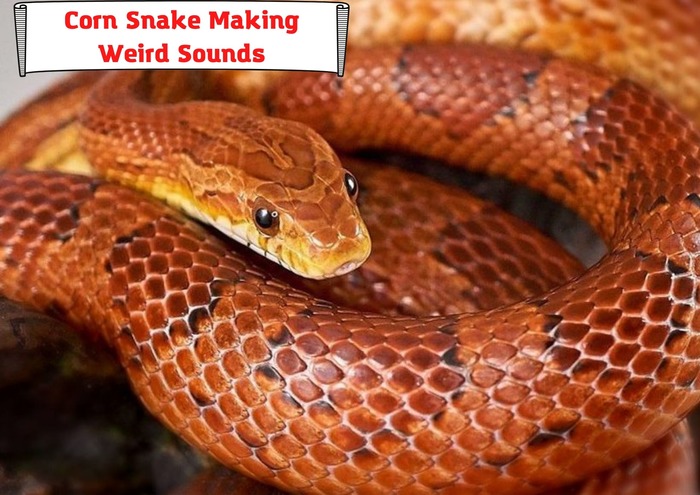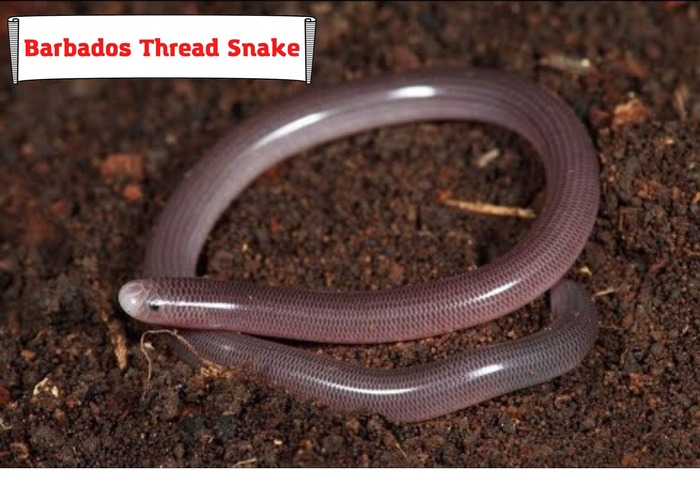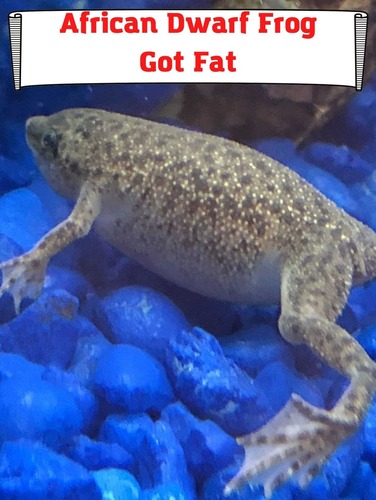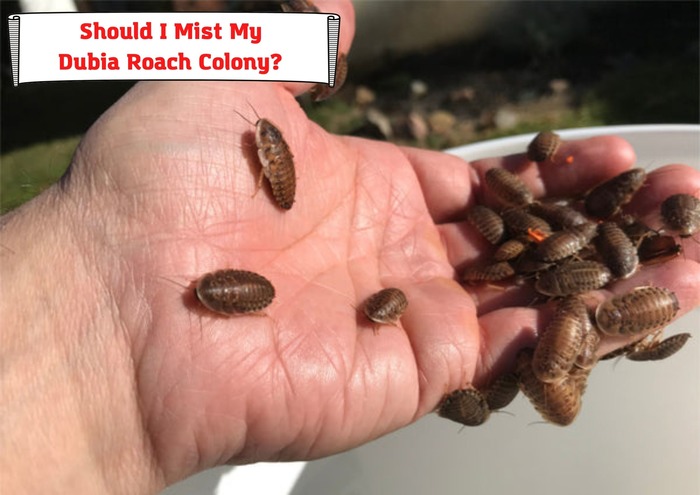
Whether it’s for breeding purposes or just holding them for feeding, the health of your Dubia roaches is very important. Perhaps, after noticing the dip in humidity, you have wondered whether to mist the colony or not?
This article answers that question and many other necessary concerns about misting the colony.
This piece discusses:
- what misting is;
- its role in the colony;
- the cautions you must be aware of before misting the colony;
- other humidity control issues.
Let’s get started!
Dubia Roaches
Dubia roaches, also known as Blaptica Dubia, or Guyana Spotted roach, are usually found in Central and South America. They are a great and natural source of protein for your bearded dragons.
Misting the colony
Misting is a method of hydration. Hydrating your Dubia Roaches is important, but the extent and need for hydration are more important. Unlike hydration with feed content that contains high moisture levels, misting is another form of hydration that directly controls humidity.
Humidity control is a very important aspect of caring for your Dubia Roaches. Dubia Roaches prefer places without low dip humidity levels. They even have specialized antennae with intricate sensor designs that help them detect regions of the rainforest tropics with higher humidity levels. They do this to know where to migrate to when they are dehydrated. This is not surprising because they come from tropical rainforests notorious for high humidity levels.
The question of whether you should mist your roach colony depends greatly on the reason you are keeping the Dubia Roaches. However, misting has its benefits, including aiding reproduction and preventing molting.
Should I Mist My Dubia Roach Colony?
This would depend on the reason you are keeping the Dubia Roach. If you keep only a few of them to feed your beardies, there would be no reason to mist the colony. You may stick to feeding them with foods that have high moisture content. However, if your colony is situated in a dry climate or the central heating system of your home drops the humidity level below 40%, you may mist the colony daily or occasionally, depending on the severity of the drop in humidity. Although the misting would not necessarily improve the health or lifespan of the roaches, it will prevent molting in the colony. But keep in mind that roaches are not super tolerant of high humidity. Hence, a range of 40% to 60% would be appropriate.
But if you are keeping them for breeding purposes, it would be best to mist them when needed. This is important because their reproduction rate declines with the dip in the humidity levels.
If you keep the roaches for breeding purposes, misting would be very important to aid reproduction and growth. This is important because you’ll be keeping them for a relatively long period. But this hydration option is very risky because Dubia Roaches are prone to drowning and cannot tolerate high humidity levels. It would be best to use only a spray bottle to do it right. This is important because spray bottles are a great way to fix a lot of water in the air.
You should spray only as much water as it will dry up in about fifteen to thirty minutes. You may repeat the process in an hour or less frequently as you see fit. That depends on the size of your colony and how fast the mist evaporates. It would be best to closely watch how much water is misted into the air because excess moisture can cause molding and a favorable environment for bacterial growth.
One great way to watch for mold is to watch out for the slippery film that signals the start of mold in the enclosure. This typically forms in a few hours. If you notice it in your Dubia colony, it would be best to remove it as quickly as possible.
Humidity Control
Hydration plays a huge role in humidity control. This, in turn, affects the reproduction and growth of your Dubia roaches. If you fail to keep them hydrated, they will become susceptible to stress. This would force them to channel internal body resources that should have been used for growth, repair, and reproduction to better cope with the stress.
When your roaches are dehydrated, the quality of roach feeds you give your bearded dragon diminishes. Dehydration is one problem you can and must avoid when keeping Dubia Roaches.
Temperature
The right temperature in the colony is another important factor to consider when raising Dubia Roaches. It is important because only larger Dubia roaches can handle various extreme temperature changes well. For example, the younger ones, the Nymph Minis, are affected by temperature changes that take the range beyond the recommended mark for raising Dubia Roaches.
The recommended temperature for Dubia roaches is between 50°F to 80°F. This range is great for health and longevity. Although they can survive temperatures higher or lower than this recommended range, leaving them to tolerate it for too long may stress them.
However, the higher the temperature, the faster your Dubia roaches will grow. If you’d like them to grow bigger, it would be best to maintain a temperature between 70°F and 80°F. But growing bigger Dubia roaches for feed will depend on the size of the reptile you intend to feed them with. If your reptile cannot handle larger Dubia roaches, it would be best to keep the temperature anywhere between 50°F and 60°F. Dubia roaches kept at this temperature take longer to complete a growth cycle than those kept at 80°F.
It will help if the place where you placed the colony is quiet and dark for a greater portion of the day and night.
Issues of Colony Stress
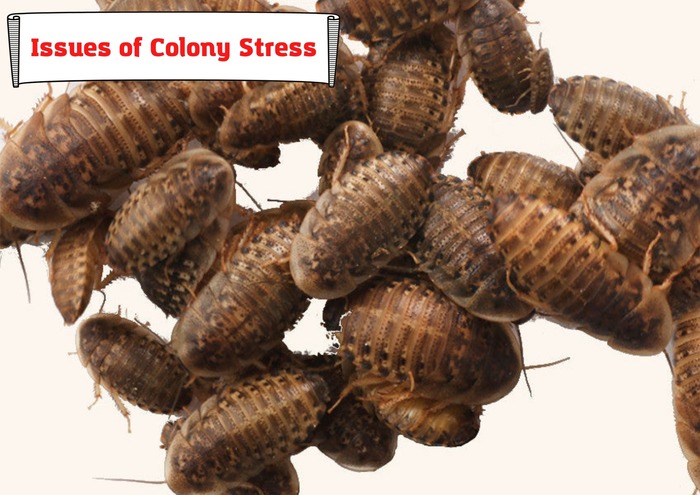
This is an important aspect of colony care that you must never forget to deal with. Under normal conditions, Dubia Roaches are usually social. This means that the large and younger ones can be kept together.
When the temperature is right and other important concerns are taken care of, you can be assured that the large ones will not prey on the smaller ones. But if you fail to take care of the important factors that affect Dubia roaches, you put the younger ones at the risk of being harmed. The larger Dubia roaches will eat up the small nymphs under stress.
Stress may be caused by poor food quality, overcrowding, and the pressures of reproduction when the ratio of females to males is low. In these instances, the adult males will eat the young. Typically, only fewer nymphs will survive when the colony is under stress.
The following suggestions will help you avoid colony stress and to reduce the predation rate.
- Always maintain an adequate food supply. Dubia roaches can go for a long time without water. But occasionally, providing water will do no harm. It would be best to have a very shallow bowl with crystals to aid movement to prevent drowning.
- Also, vegetables and fresh fruits will do for diet. They are the natural diet of Dubia roaches, and they provide hydration because they contain water. But you must remove leftovers from the enclosure in a few hours after feeding them. This is important to check the growth of molds.
- Also, ensure that the colony has at least 10 to 11 hours of darkness in a day. This will prevent stress from excessive light.
- To prevent reproduction stress, it would help to limit the ratio of adult males to females. Ensure that you have a 1:4 ratio of adult males to females. To identify an adult male Dubia roach, notice the length of its wings. Adult males cannot fly, but their wings cover the full length of their bodies. They will flap their wings instantly if you hold them. But the female adult Dubia roaches have shorter wings. The wings never fully develop.
- It would be best to keep the enclosure well-stocked. This will protect the nymphs and cause them to have physical contact with each other. This is important because physical contact affects their health and how fast they grow. Without physical contact, your roaches may suffer stunted growth.
Lighting
Your Dubia roaches can never get enough darkness. Too much exposure to light will stress them out. It would be best to keep the exposure to light as low as possible. If you have to expose them to light and feed them, there is nothing wrong with that. But if you plan to keep them for more than a few weeks, it would be best to ensure they get more darkness than light. They thrive in darkness.
Conclusion
Adult Dubia roaches are very much tolerant of extremely unfavorable conditions. However, misting, as dangerous as it may be, could do magic to the reproduction of the roaches. It would be much more important if you are breeding them for a steady supply of proteins for your beardies.
- Dubia Roach Egg Sack: How To Understand if It’s Healthy? - January 2, 2023
- How To Feed African Dwarf Frog While on Vacation? - December 26, 2022
- Baytril for Bearded Dragon: Here’s What You Should Know - December 19, 2022
